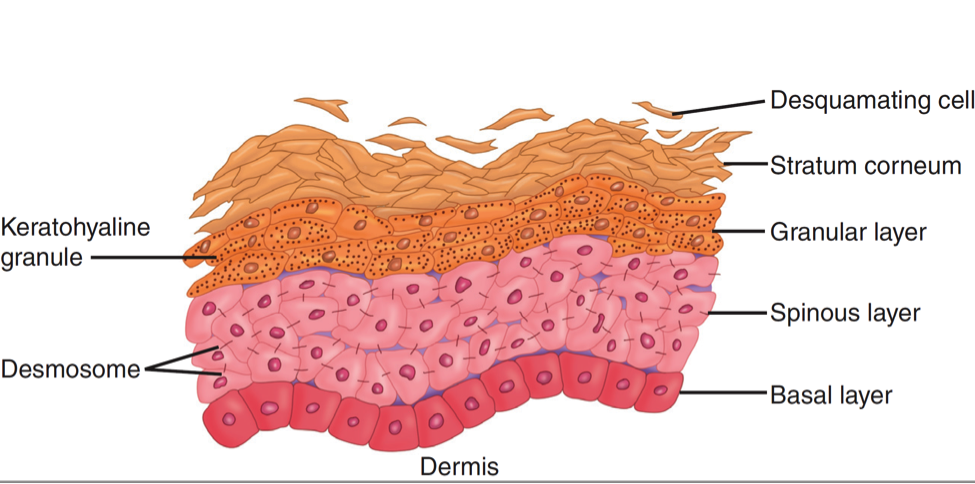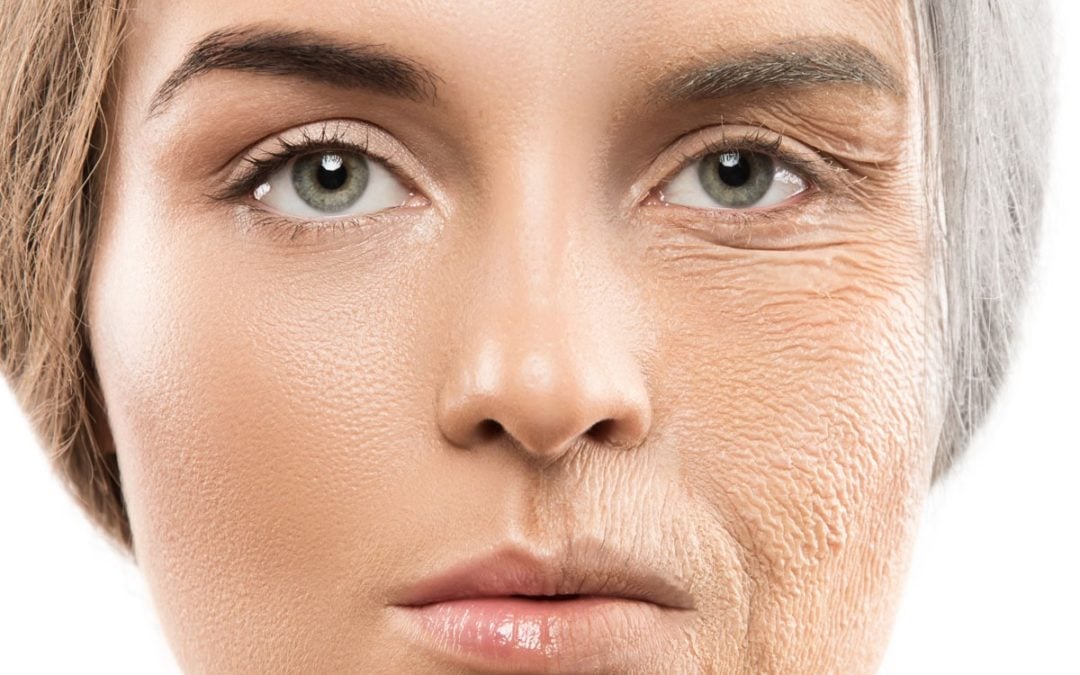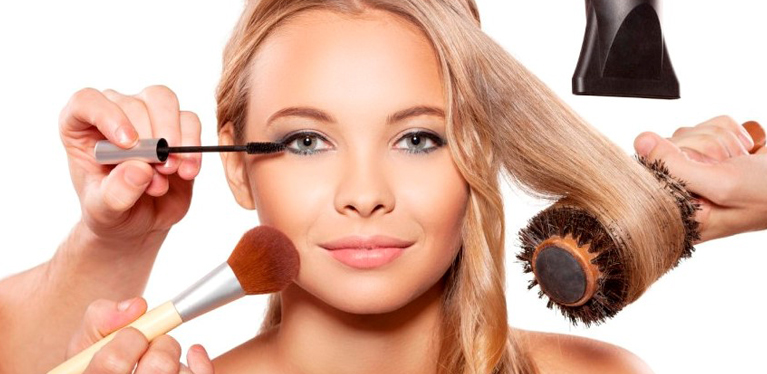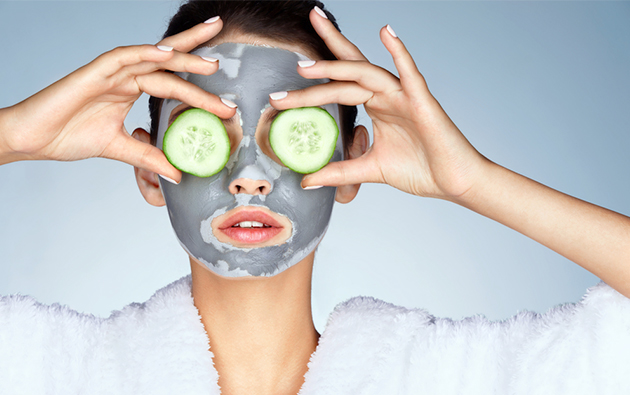In its simplest form, skin cell renewal is a natural process that involves the shedding of the outermost layer of the skin, known as the epidermis. The epidermis consists of seven layers, including the stratum basale, stratum spinosum, stratum granulosum, stratum lucidum, and the stratum corneum, which is the outermost layer. These layers work cohesively to push various substances such as excess sebum and dead skin cells upwards, facilitating an ongoing process where newer cells gradually replace the older ones.
However, the complexity arises from the fact that not all dead skin cells are effectively removed from the skin's surface. Some of these cells become trapped due to an overproduction of oils and sebum, resulting in clogged pores. This, in turn, can lead to the development of acne or pimples. It's important to note that while acne can occur naturally as a part of this skin cell renewal process, there are also cases where hormonal imbalances contribute to its occurrence. To effectively manage and prevent acne, proactive skincare and proper care are essential components of maintaining skin health.
The Epidermal Layers

The epidermis, the outermost layer of our skin, is composed of several layers. Each of these layers plays a unique role in the skin cell renewal process.
- Stratum Basale: The stratum basale is the deepest layer of the epidermis and contains basal cells responsible for producing new skin cells. These cells continually divide and push upwards, giving rise to the other layers.
- Stratum Spinosum: As the cells move upward from the stratum basale, they enter the stratum spinosum. Here, they start to flatten and produce keratin, a protein that provides strength to the skin.
- Stratum Granulosum: The stratum granulosum is where the cells begin to deteriorate and lose their nucleus. This is a crucial step in preparing the cells for their eventual shedding.
- Stratum Lucidum: This layer is not always present in all areas of the body but is typically found in thick skin, like the palms of the hands and soles of the feet. It provides extra protection.
- Stratum Corneum: The stratum corneum is the outermost layer of the epidermis and consists of dead skin cells called corneocytes. These cells are constantly shedding and being replaced in a process known as desquamation.
Does Skin Cell Renewal Result in Completely New Skin?

It's truly fascinating to consider that our skin undergoes a continuous process of regeneration, resulting in the emergence of entirely new skin cells. Biologically, this perpetual shedding of dead skin cells is an ongoing phenomenon. In fact, even as you read this, your skin will have shed thousands of cells. Remarkably, the American Lung Association states that over 90% of the dust found in your home consists of these discarded skin cells.
For a young adult, the ideal timeframe for this skin regeneration process is typically around 28 days. However, it's important to note that this timeline can be influenced by various factors, including lifestyle habits and diet, among others. Understanding this intricate process underscores the importance of proper skincare and overall health to support skin renewal and maintain its vitality.
How to Determine if Your Skin Regeneration Cycle is Optimal?

Determining the effectiveness of your skin regeneration cycle is crucial, as skin aging is an inevitable process that can be managed to some extent through external and internal care. Skin cell renewal occurs within varying timeframes for different age groups. For instance, the renewal process is typically shorter for pre-adolescents and longer for young adults. However, for adults in their 50s and beyond, as well as older individuals, this cycle can range from as little as 14 days to 50 days or even more.
One method to assess your skin's renewal cycle is by observing how rapidly or slowly your skin recovers after experiencing acne or pimple breakouts. Additionally, you can gauge its effectiveness by monitoring the reduction in pigmentation or scarring left behind by blemishes, a condition known as post-inflammatory hyperpigmentation (PIH). These indicators provide valuable insights into the health and efficiency of your skin's natural regeneration process.
What are the Factors That Enhance Skin Regeneration?
Skin cell renewal is a dynamic process influenced by various internal and external factors. To optimize this natural mechanism and maintain healthy, youthful skin, consider the following factors:
- Healthy Lifestyle: A well-balanced lifestyle encompassing good nutrition, regular exercise, and sufficient sleep can promote overall skin health.
- Adequate Hydration: Proper hydration is key to skin cell renewal. Ensure you drink enough water to keep your skin adequately moisturized from the inside.
- Antioxidant-Rich Diet: Consume a diet rich in antioxidants from fruits and vegetables. Antioxidants combat free radicals, preventing damage to skin cells and supporting their regeneration.
- Essential Nutrients: Ensure you're getting essential nutrients like vitamins A, C, E, and B3 in your diet or through supplements. These vitamins are integral to skin health and renewal.
- Sun Protection: Protect your skin from harmful UV radiation by applying sunscreen daily. UV damage can accelerate skin aging and hinder the renewal process.
- Proper Cleansing: Cleanse your skin regularly to remove dirt, pollutants, and makeup. A clean canvas promotes efficient skin cell turnover.
- Moisturization: Keep your skin adequately moisturized to maintain a healthy skin barrier, which is crucial for efficient cell renewal.
- Avoid Smoking: Smoking can have detrimental effects on skin health and renewal. Quitting or avoiding smoking can lead to significant improvements in skin appearance and function.
- Stress Management: - Chronic stress can negatively impact skin health. Practice stress management techniques like meditation, yoga, or deep breathing exercises to mitigate its effects.
- Skincare Products: - Choose skincare products that are suitable for your skin type and concerns. Ingredients like retinoids, hyaluronic acid, and peptides can aid in skin cell renewal.
- Professional Treatments: - Consider professional treatments such as chemical peels, microdermabrasion, or laser therapy under the guidance of a dermatologist to enhance skin renewal.
What are the Factors Influencing Skin Cell Renewal?

Several factors can influence the efficiency of skin cell renewal:
- Age: As we age, the skin cell renewal process tends to slow down. In our youth, it may take around 28 days for skin cell turnover, but this can extend to 50 days or more as we get older.
- Diet: A healthy diet rich in vitamins, minerals, and antioxidants can support skin cell renewal. Nutrients like vitamins C and E play a vital role in skin health.
- Hydration: Proper hydration is essential for skin health and renewal. Dehydrated skin can lead to a sluggish renewal process.
- Sun Exposure: Excessive sun exposure can damage skin cells, leading to premature aging and slowing down the renewal process.
- Skin Care Routine: A consistent skincare routine that includes cleansing, exfoliating, and moisturizing can help support skin cell renewal.
By prioritizing a healthy lifestyle and avoiding harmful habits like smoking, we can take proactive steps to support and maintain the vitality of our skin as it naturally renews itself.
What goes inside, reflects on the outside?
The adage "what goes inside reflects on the outside" underscores the importance of a healthy diet in complementing an effective skincare routine. Consuming foods rich in antioxidants, such as blueberries, strawberries, pomegranates, and ginger, can play a pivotal role in inhibiting the production of free radicals in the skin. Additionally, Vitamin B3, which our bodies do not naturally produce, is known to provide excellent moisture and hydration retention for the skin. Sources of Vitamin B3 include peanuts, avocados, sunflower seeds, pumpkin seeds, and almonds.
Equally crucial are the dietary "don'ts." Avoiding excessive consumption of fatty, fried, or highly processed foods is a vital step in adopting a healthier lifestyle. Furthermore, maintaining proper hydration cannot be overstated. Drinking an adequate amount of water throughout the day not only benefits the skin but also supports the overall health of our organs.
Conversely, excessive alcohol, carbonated or sugary drinks, and caffeine consumption can impede skin regeneration. This is primarily due to the inflammation caused within organ tissues from prolonged sugar and caffeine deposits in cells. As the inflammation persists and compounds, it becomes a cyclical issue with detrimental effects on the skin's natural renewal process.
What are the Challenges Facing the Beauty Industry?

The beauty industry faces significant challenges in its current landscape, with several areas where it may be missing the mark:
1. Formulation Repetition: One of the prominent issues in the beauty industry is the tendency to mimic and repeat formulations with different packaging and branding. This can lead consumers to believe that all products are essentially the same, differing only in concentration or perceived brand quality.
2. Influence of Social Media Culture: The influencer culture has played a substantial role in product promotion and consumer manipulation. When a particular product gains traction in the community, it often garners attention and popularity, creating a strong desire among consumers to possess what is portrayed as a game-changing product.
3. Misinformed Consumer Choices: Lack of knowledge can result in consumers obsessing over a single product or ingredient, hoping it will transform their lives. This psychological impact can lead to unrealistic expectations and disappointment.
4. Oversimplified Labels: Many consumers rely on simplified labels like "paraben-free," "non-comedogenic," "cruelty-free," and "not tested on animals" to guide their choices. However, these labels often don't provide a comprehensive understanding of the product's composition and effectiveness.
5. Need for Education: There is a pressing need for consumers to develop the ability to look beyond marketing claims and understand the science behind skincare products. This requires proper education and guidance.
6. Lack of Regulations: The beauty industry, particularly in regions like India, could benefit from better regulations and standards. The absence of stringent regulations makes it easier for brands to enter the market with limited oversight, potentially compromising product quality and safety.
How to Boost Your Skin Regeneration Process for a Glowing, Vibrant Complexion?

To boost your skin's regeneration process for a glowing, vibrant complexion, consider the following tips:
- Consume a diet rich in antioxidants, such as fruits, vegetables, and nuts, to combat free radicals and support skin health.
- Stay adequately hydrated by drinking enough water throughout the day to keep your skin moisturized and supple.
- Quit or avoid smoking as it can accelerate skin aging and hinder the natural regeneration process.
- Establish a consistent skincare routine that includes cleansing, exfoliating, moisturizing, and sun protection to maintain healthy skin.
- Shield your skin from harmful UV rays by wearing sunscreen daily to prevent premature aging and support skin renewal.
- Practice stress-reduction techniques like meditation or yoga, as stress can negatively impact skin health and regeneration.
- Ensure you get enough quality sleep, as it allows your skin to repair and regenerate overnight.
- Reduce the consumption of alcohol and caffeine, which can contribute to skin inflammation and slow down the regeneration process.
Conclusion
In conclusion, skin cell renewal is a fascinating and continuous process that underpins the health and appearance of our skin. It involves the shedding of old, damaged skin cells and the birth of new, vibrant ones. This natural mechanism ensures that our skin remains fresh and youthful.
Understanding the factors that influence skin cell renewal, from genetics and age to lifestyle and skincare habits, empowers us to make informed choices. By adopting a holistic approach to skincare and overall health, we can support and enhance this vital process. Proper nutrition, hydration, sun protection, and the use of suitable skincare products can all contribute to healthy and efficient skin cell renewal.
As we navigate the journey of life, our skin remains a faithful reflection of our inner and outer well-being. Embracing the intricacies of skin cell renewal allows us to appreciate the beauty of this dynamic process and take steps to nurture our skin for a radiant, youthful complexion.



